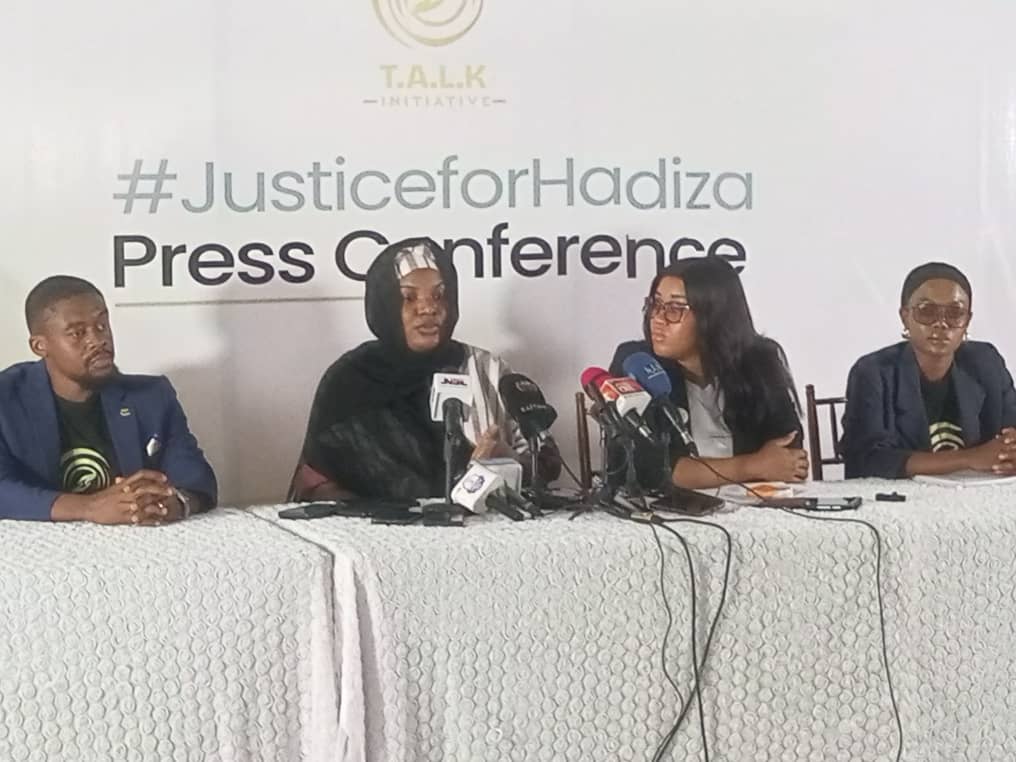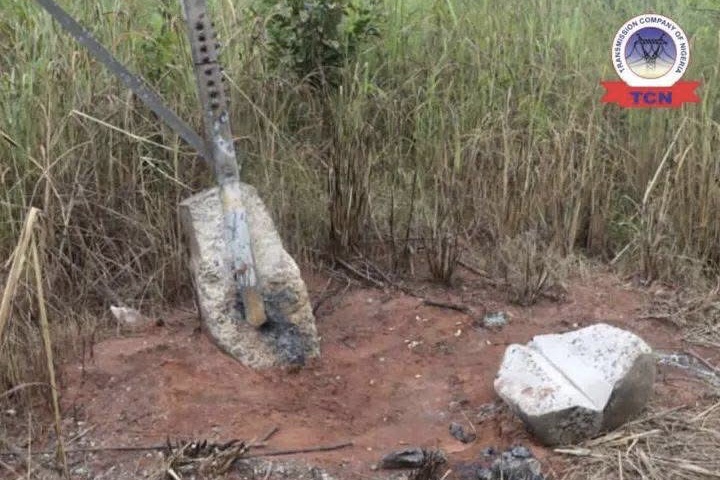In the dusty corners of Malawi’s Dzaleka Refugee Camp, the once faint hope of starting a new life is fast fading. For thousands of displaced people—many of whom fled violence, war, and political crises in places like the Democratic Republic of Congo, Rwanda, and Burundi—life has just taken another hit.
On July 17, the United Nations High Commissioner for Refugees (UNHCR) confirmed what many at the camp had feared: a major cut in support services due to dwindling funds.
Food rations, which were already meagre, have now been slashed further. Basic health services are stretched to the limit. Sanitation? Let’s just say even a bucket bath has now become a luxury.
“We Don’t Eat Promises”
“Our children cry at night, not because of nightmares, but because they are hungry,” says Esther, a Congolese mother of four who has lived in Dzaleka for six years. “They say help is coming, but we don’t eat promises.”
Esther isn’t alone. The camp, built for around 12,000 people, now holds nearly 60,000. That’s like trying to fit a whole football stadium into a primary school classroom—and expecting everyone to smile.
The UNHCR says it has no choice. Global crises are multiplying—from wars in Europe and the Middle East to climate disasters across Africa—making it harder to stretch already limited donor funds.
“We deeply regret the cutbacks, but the reality is that needs have outpaced resources,” said a UNHCR official in Lilongwe. “We are calling on international partners to step up before it’s too late.”
A Country Already Stretched
Malawi, one of Africa’s poorest nations, has long been praised for its hospitality. It has hosted refugees since the 1990s. But even kindness has its limits when the economy is barely holding on.
Government officials admit that the situation is becoming increasingly difficult to manage. “We are doing all we can,” said one senior official. “But we need global solidarity. Malawi cannot carry this alone.”
Meanwhile, locals living near the camp are also feeling the pressure. With resources shared between host communities and refugees, tensions have started to grow. “Even we, the citizens, are struggling,” said a Malawian farmer nearby. “Sometimes it’s like we are all refugees in this country.”
From Surviving to Sinking
At the heart of Dzaleka’s crisis is a loss of dignity. Children are dropping out of makeshift schools. Clinics are running out of medicine. Water points are dry more often than not. One camp volunteer jokes bitterly, “The only thing that is in surplus here is suffering. Everything else is ‘no longer available.’”
And while the world watches other headlines—elections, celebrity drama, and football scandals—tens of thousands in this small corner of Malawi are slowly disappearing from view.
A Call for Action
Humanitarian workers are urging the international community to pay attention. “This is not just a refugee story. It’s a human story,” said Angela Mphande, a health worker at the camp. “What would you do if this was your home, your child, your tomorrow?”
Back in her tiny shack made of mud and plastic sheets, Esther wonders what future her children have. “They were born in a camp, and now they may grow old in one. Is that life?”
As the sun sets over Dzaleka, the laughter of children still echoes faintly—but it is thinner, quieter, and edged with hunger.
In Nigeria, we might say, “even garri no get sugar again.” For the families of Dzaleka, even the garri is missing.
This is more than just a refugee crisis. It is a reminder: humanity should never run on low battery.




